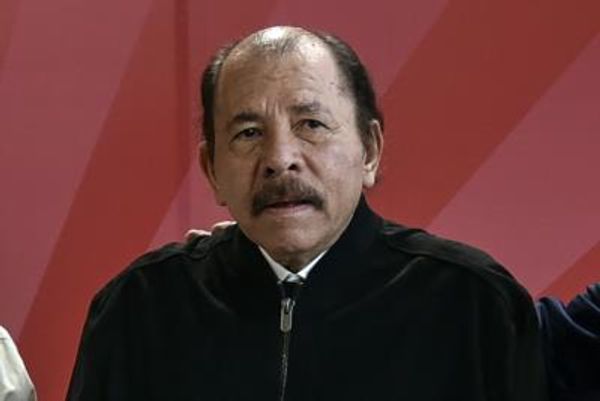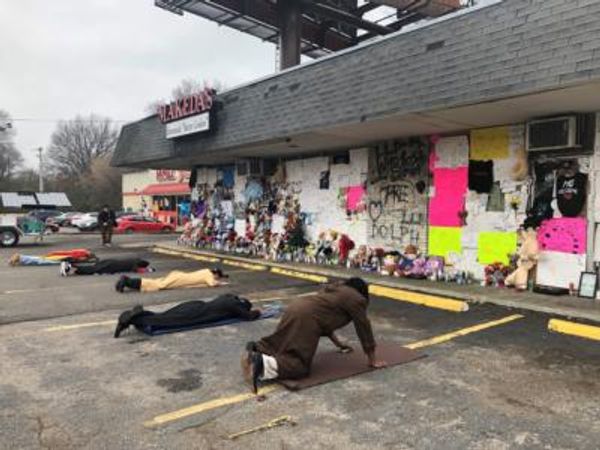
Colombo (AFP) - Sri Lanka's top court on Friday ordered the government to proceed with a delayed local election, overruling President Ranil Wickremesinghe, who said the country was too broke to pay for it.
The Supreme Court ordered Sri Lanka's treasury to grant funds for the polls which were originally planned for March 9, but put off indefinitely last week when the government refused to finance them.
Wickremesinghe had said the island nation, grappling with an unprecedented economic crisis, needed its limited coffers for other priorities such as paying salaries and pensions.
The court issued a restraining order preventing the treasury chief and Wickremesinghe in his capacity as finance minister from "withholding funds allocated in the 2023 budget for the purpose of conducting local government polls".
A final decision on the new date for the vote will be made next week, Sri Lanka's election commission said.
Sri Lanka last year suffered acute shortages of food, fuel and pharmaceuticals along with lengthy blackouts as a result of the ongoing crisis.
Months of protests and political upheaval culminated last July in the ouster of Wickremesinghe's predecessor Gotabaya Rajapaksa after an angry crowd stormed his compound.
The delayed polls are to pick local councillors but would be the first electoral test for Wickremesinghe since he took office.
They are seen by many as a de facto referendum on unpopular austerity measures imposed to secure an International Monetary Fund bailout.
The Central Bank of Sri Lanka on Friday raised its key lending rate by 100 basis points to 16.5 percent, the highest in 22 years, following IMF pressure to increase interest rates.
The central bank said in a statement that it had raised rates to fulfil "prior actions" necessary to unlock a $2.9-billion IMF bailout that is still under negotiation.
Opposition lawmakers have accused Wickremesinghe of using the economic crisis as an excuse to sabotage democracy by delaying the election.







